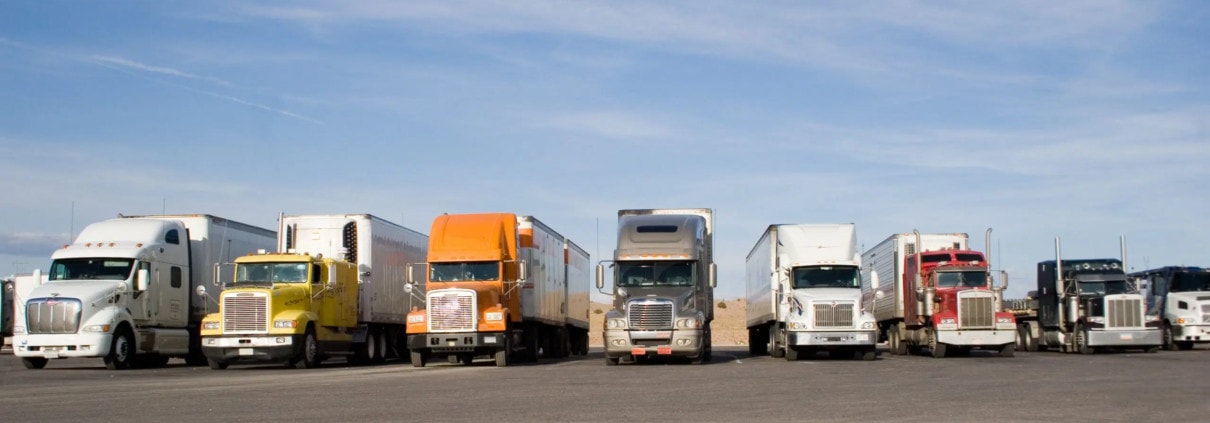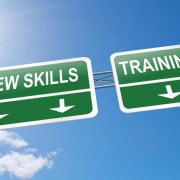Pre-planning During a National Pandemic
Amid the COVID-19 pandemic, E-Commerce usage has increased as the desire for social interaction has decreased. Standard operating hours are becoming a rarity as businesses are operating with a decreased workforce. Pre-planning is no longer simply about your origin and destination. Because of the widespread panic caused by the Coronavirus, now you must be prepared for closures, availability of food, and whether you’re at risk for cross-contamination.
Shippers and Receivers
Warehouse operations may have to restrict their hours as not to overwork their healthy employees. Whether or not warehouses will change their operational hours from their normal operating hours will depend on many factors:
- Location– Is the warehouse located in an area with a dense population of people affected by COVID-19?
- Category of Industry – Does the warehouse contain emergency or non-emergency related inventory?
- Global Operations – May be difficult to maintain inventory if the majority of stock comes from overseas
So, what should a professional driver do if their shipper or receiver is temporarily closed?
- Contact your dispatcher or fleet manager. There could be internal communication circulating about the location you are questioning.
- Be prepared to wait. If your shipper or receiver is operating under reduced hours or with a reduced workforce, they are likely offering detention pay for the time you have to wait.
- Be patient. Even though professional drivers are the heartbeat of logistics, it can take time for the flow of communication to reach you.
- Keep your eyes on the prize. Perhaps the most frustrating thing about trucking is waiting to be advised on what to do. Be productive while you wait. Spend your down time catching up on paperwork or watching safety videos.
Don’t forget about these!
Breakdowns and Parking
When pre-planning your trip, always keep in mind which truck stops exist along your route. Some may have shops that are closed or operating with a short staff. While it is difficult to predict when a breakdown will occur, it is important to be mindful of your options.
Know how far you will go and where you will park before you start driving for the day. Many states have closed rest areas in an attempt to stop the state-to-state spread of the Coronavirus. If you have a favorite truck stop in your destination city, call ahead to reserve parking. If you can’t find parking at a truck stop or rest area, operate your vehicle to the nearest safe haven instead of parking on the side of the road or other dangerous areas. Remember that even though we are facing new challenges, your safety is still of the utmost importance.
Don’t get stuck without food
Many safety managers suggest it is always a good idea for drivers to keep a case of water and extra snacks in their cab in case of detention. The recent pandemic and nationwide shutdowns prove just how lifesaving this practice can be. Fast food restaurants across the nation have had to reduce their operations to drive-thru only, and are now inaccessible to those in a tractor trailer.
The next time you are in a grocery or convenience store, look for food goods that will sustain you but also have a long shelf life such as protein bars and/or beef jerky. This will ensure that you have something to keep you going if there are no dining options available.
Cross-Contamination
Professional drivers are encouraged to limit exposure to contaminants during the COVID-19 outbreak. But for a truck driver, life on the road means encountering many publicly accessed locations in their daily routine. Drivers are at a high risk of cross contamination as a hazard of the job from the fuel pump, to the communal shower knob, to their money back that has changed many hands.
The cab of a tractor trailer is a breeding ground for the Coronavirus. Think of all the surfaces you touch throughout the day. How many times do you touch your seat belt, steering wheel, gear shifter, and knobs on a daily basis?
The Coronavirus can live on these surfaces for days without proper disinfection according to the CDC. Use disinfectants such as Clorox and Lysol products that kill bacteria to clean commonly touched surfaces. There are many tips and tricks specifically for truck drivers in these videos.
Stay Safe
Your main focus over the next few weeks is simply to be prepared. Truck drivers should always pre-plan, stock up on food goods, and keep their truck and themselves clean. Your best chance at getting through the nationwide crisis unaffected is to keep these things on the top of your mind every day.










